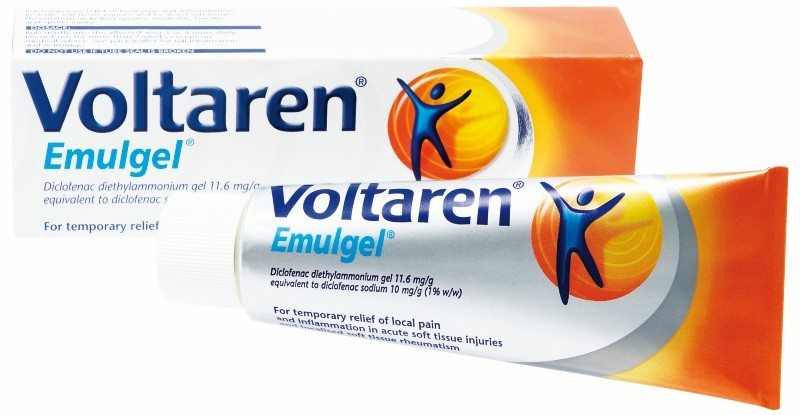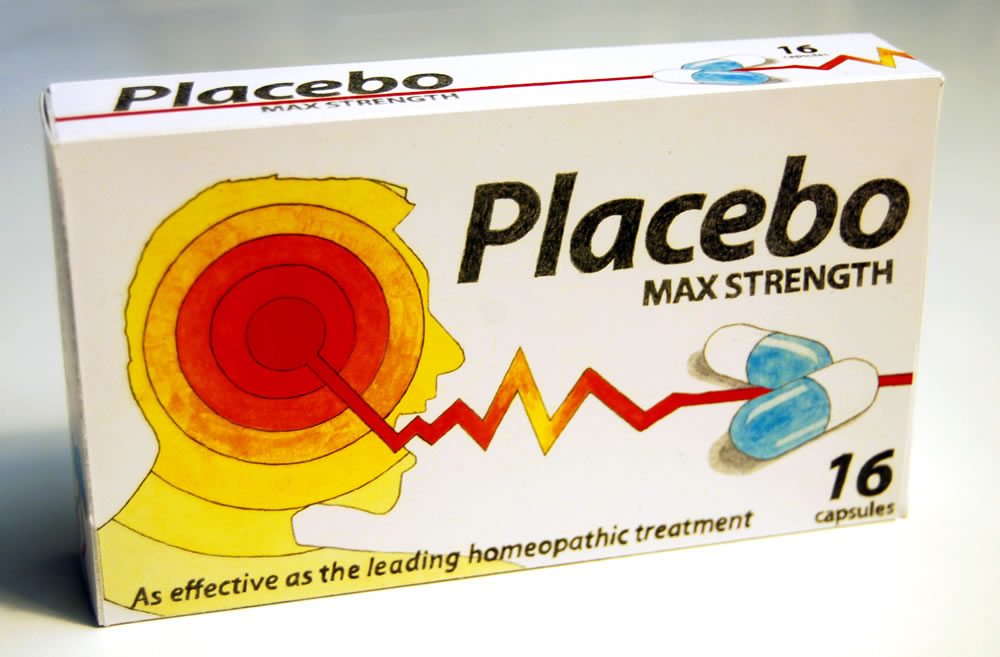Category: Pharmaceuticals
The Hazards of “CAM”-Pandering
Steven Salzberg, a friend of this blog and Director of the Center for Bioinformatics and Computational Biology at the University of Maryland, is on the editorial boards of three of the many journals published by BioMed Central (BMC), an important source of open-access, peer-reviewed biomedical reports. He is disturbed by the presence of two other journals under the BMC umbrella: Chinese Medicine...
Ethics in human experimentation in science-based medicine
Science-based medicine depends upon human experimentation. Scientists can do the most fantastic translational research in the world, starting with elegant hypotheses, tested through in vitro and biochemical experiments, after which they are tested in animals. They can understand disease mechanisms to the individual amino acid level in a protein or nucleotide in a DNA molecule. However, without human testing, they will never...

Topical NSAIDs
I have a mental basket of drugs that I suspect may be placebos. In that basket were the topical versions of non-steroidal anti-inflammatory drugs (NSAIDs). When the first products were commercially marketed over a decade ago, I found the clinical evidence unconvincing, and I suspected that the modestly positive effects were probably due to simply rubbing the affected area, or possibly due...

Placebo Effect for Pain
It has long been recognized that there are substantial multifactorial placebo effects that create real and illusory improvements in response to even an inactive treatment. There is a tendency, however (especially in popular discussion), to oversimplify placebo effects – to treat them as one mind-over-matter effect for all outcomes. Meanwhile researchers are elucidating the many mechanisms that go into measured placebo effects,...

Ear Infections: To Treat or Not to Treat
Acute otitis media, also known as an ear infection, is a common problem that used to be treated routinely with antibiotics. As more evidence accumulated, it became clear that the practice needed to change. Seven years after the American Academy of Pediatrics and the American Academy of Family Physicians released their guidelines, what has changed?
Old drugs, new tricks
What does honey bee colony collapse disorder have to do with a potential new cancer treatment? They both relate – in a convoluted manner – to an old antibacterial drug called nitroxoline. True to my devotion as a natural product pharmacologist, I’m proud to say that new life would not have come to nitroxoline had not a fungal natural product called fumagillin...

The risks of CAM: How much do we know?
CAM products and treatments are often sold as "all-benefit, no-risk". While we can highlight the lack of evidence for benefit, even harder can be assessing the risks of CAM.

Placebo effects without deception? Well, not exactly…
In discussing “alternative” medicine it’s impossible not to discuss, at least briefly, placebo effects. Indeed, one of the most common complaints we at SBM voice about clinical trials of alternative medicine is the lack of adequate controls — meaning adequate controls for placebo and nonspecific effects. Just type “acupuncture” in the search box in the upper left hand corner of the blog...
Ososillyococcinum and other Flu bits.
Osillococcinum I keep half an eye on the medicine displays in stores when I shop, and this year is the first time I have seen Oscillococcinum being sold. Airborne as been a standard for years, but Airborne has been joined by Oscillococcinum on the shelves. Dumb and dumber. It may be a bad case of confirmation bias, but it seems I am...
Dabigatran: A Promising Alternative to Warfarin
On October 19, 2010, the FDA approved a long-awaited new drug, dabigatran, expected to replace warfarin (Coumadin) as a better way to prevent blood clots in susceptible patients. This provides an opportunity to re-visit several issues that we have addressed before, including Big Pharma tactics, drug approval by the FDA, deciding what is adequate evidence, applying science to clinical practice, and making...

